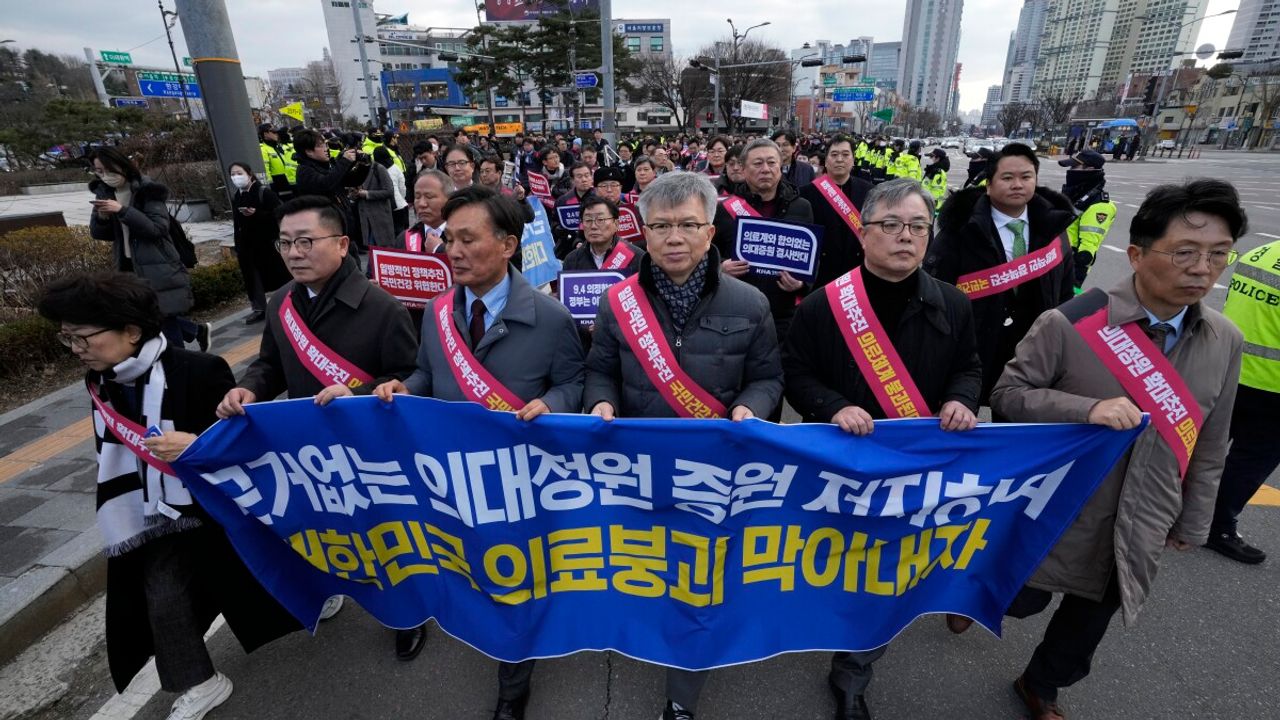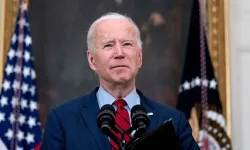More than ten thousand medical interns and residents in South Korea have been on strike for nearly a month to protest the government's plan to increase medical school enrollment. The strikes have led to the cancellation of hundreds of surgeries and other treatments in hospitals.
The government, which has taken a series of administrative steps to suspend the medical licenses of young doctors after the February 29 deadline for strikers to return to work passed, is preparing to deliver the final blow next week.
Deputy Health Minister Park Min-soo announced that the final steps will be taken next week to suspend the licenses of young doctors who refuse to end their weeks-long strike that has crippled the country's health services.
Under South Korea's medical code, striking doctors could face at least a three-month suspension and even criminal charges by prosecutors for refusing a government order to return to work.
Light punishment for quick return to work
Calling on the striking doctors to return to work immediately, Park said that those who end their strike could face lighter penalties, adding, "As we have said many times, we will not treat those who return quickly the same as those who return late."
"They should return as soon as possible, not only for the sake of patients but also for their future careers. Such sweeping departures from hospitals should not continue any longer."
Noting that there was no response from any of the strikers who were informed that their licenses could be suspended, Park pointed out that it remains unclear how many of the striking doctors will return to work at the last minute.
Two senior doctors leading the emergency doctors' committee for the strikes were recently served with government notices that their licenses would be suspended for three months for allegedly inciting the junior doctors' strikes.
The striking junior doctors make up less than 10 percent of South Korea's 140,000 doctors. But in some large hospitals, they represent about 30-40 percent of doctors who assist senior doctors during surgeries and take care of inpatients during training.















